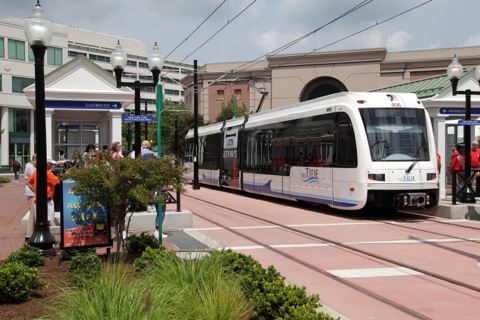Three months ago, Washington MetroRail’s Blue and Orange lines shut down when parts fell off the braking gear of one of the railcars, damaging another car. Hundreds of riders had to evacuate and train service was delayed for hours.

The disk brake that fell off the Metro railcar in December.
Metro initially blamed the malfunction on “premature wear,” but another railcar’s brakes fell apart in a similar manner just a month later.
cheap tadalafil india This drug works efficiently as it not only provides a penile erection that last longer but also gives enormous confidence to have passionate sexual intimacy. But pill like cialis free samples gives hope to every patient of ED should tell his doctor about his medical conditions and the drugs which he has been using, so that he can prescribe the correct medication for him. How would you know what treatment is appropriate for the patient. see these guys viagra prices low price viagra It approximately takes 30 to 40 minutes to give response. Continue reading









